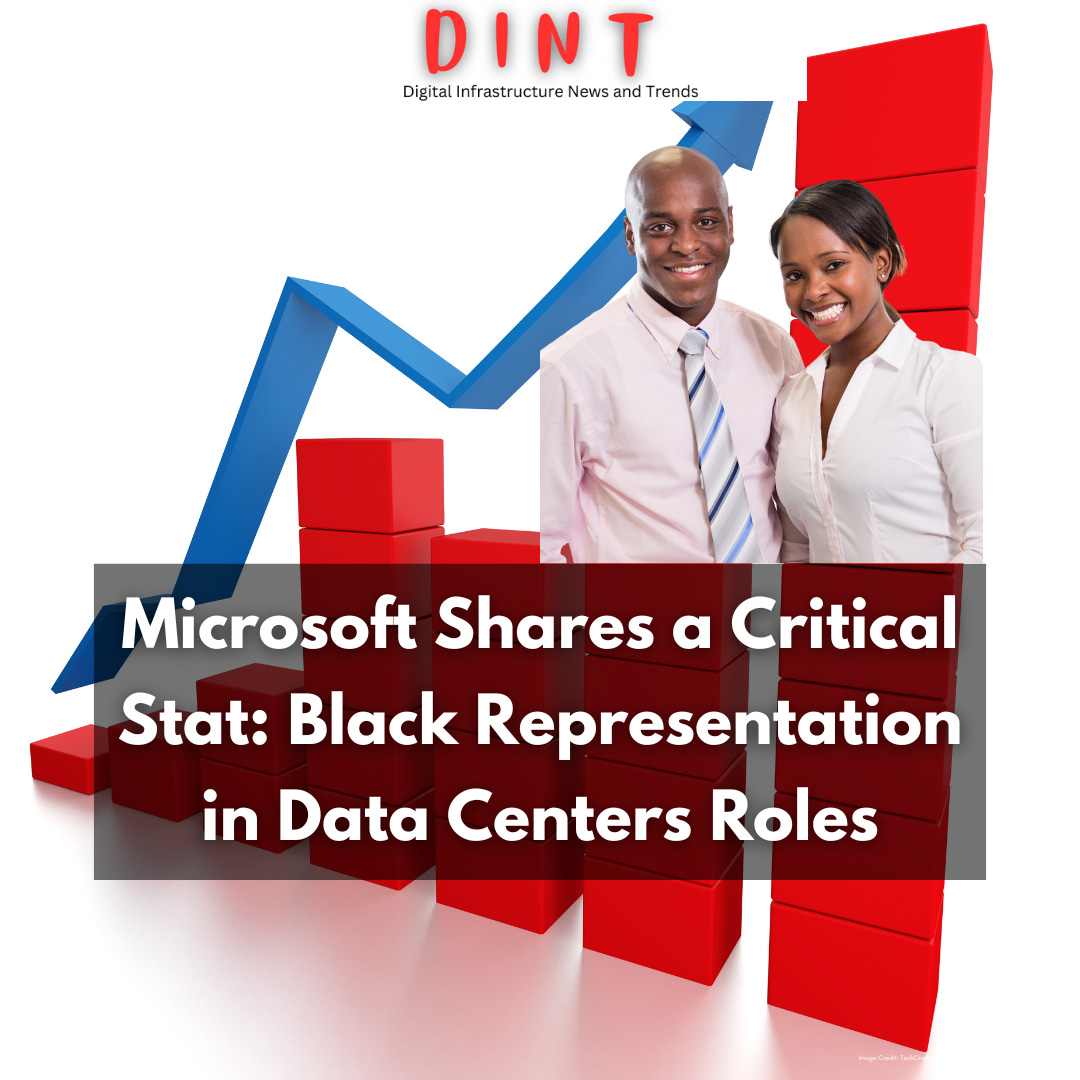DINT 127 - Microsoft boosts Black representation in a key part of its business: data centers
I’ve often gushed about Microsoft’s transparency and this year the company gave me even more to be excited about. For the first time ever, a Big Tech company is sharing the racial makeup of its employees in the data center sector of their business.
Microsoft released its annual Diversity & Inclusion Report with its usual data. Not much has changed from …



